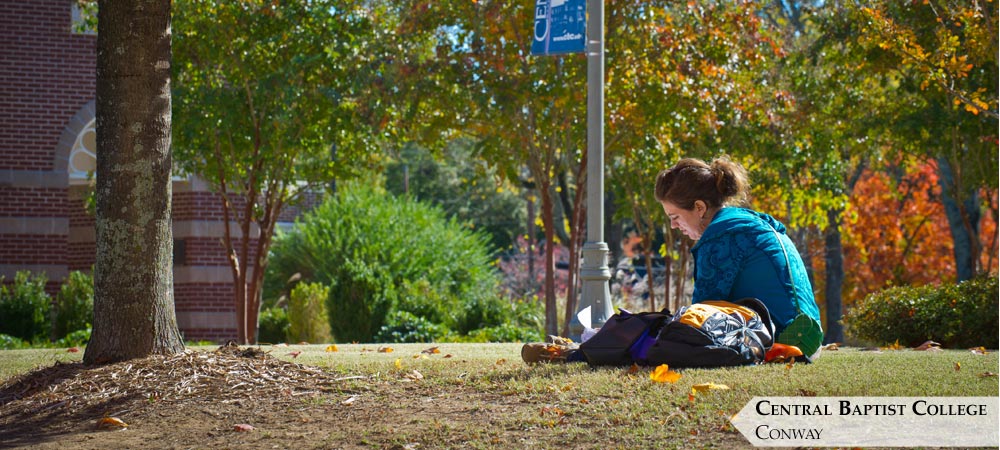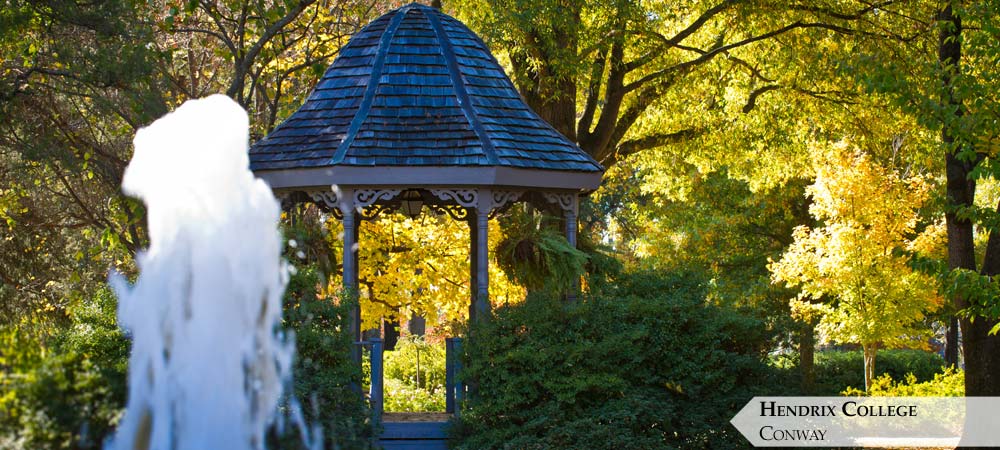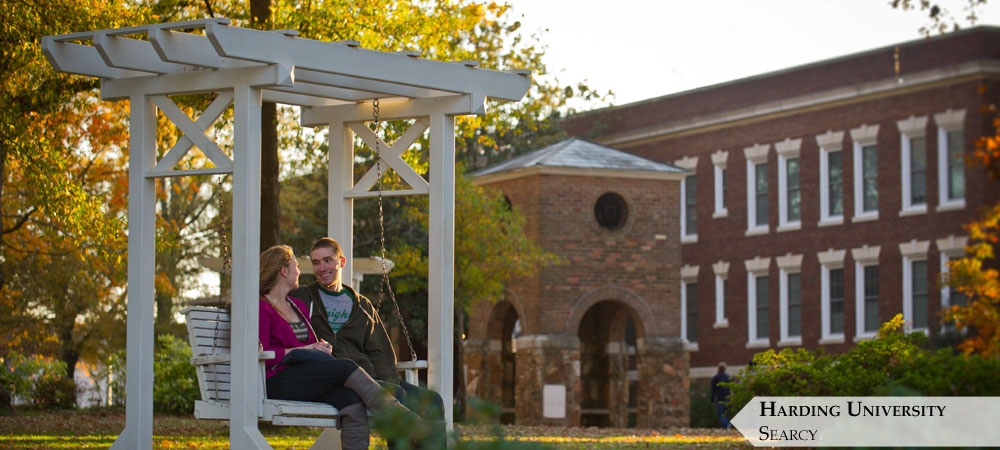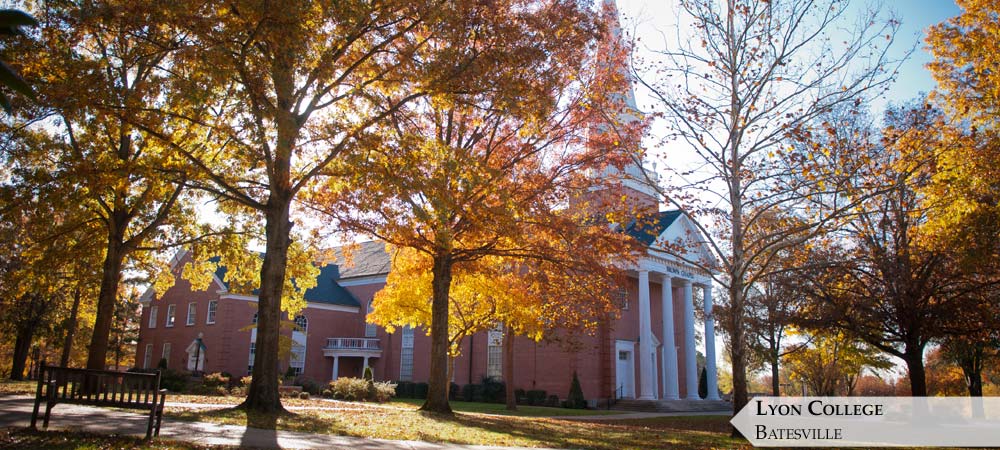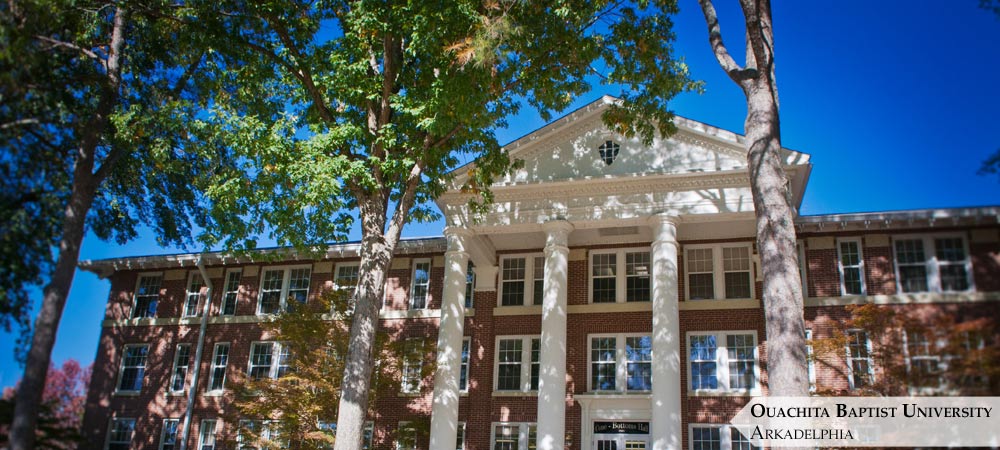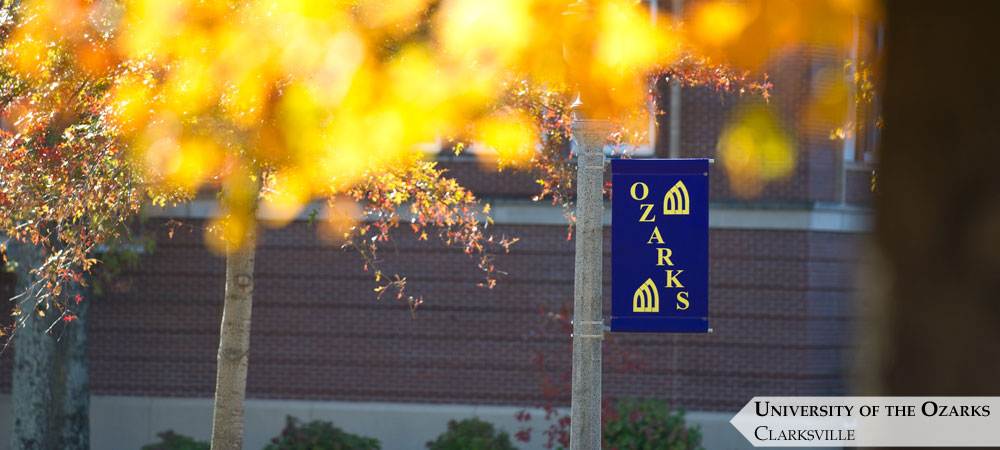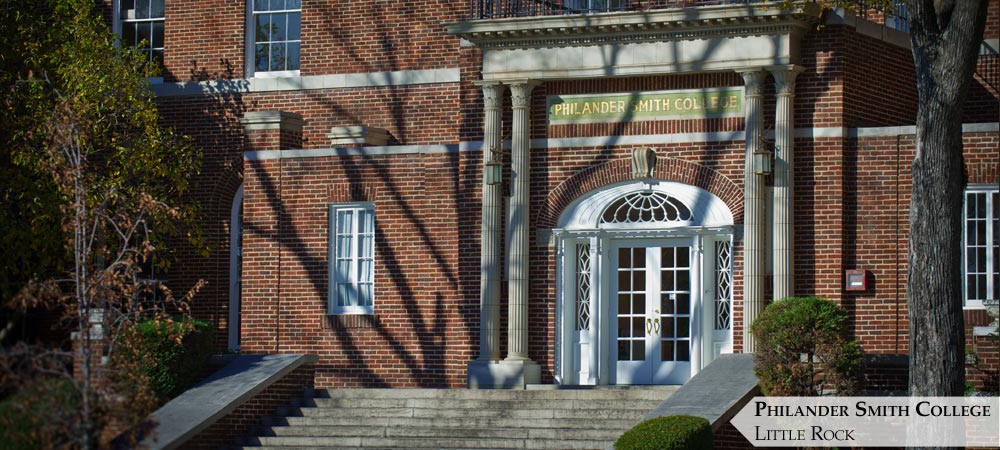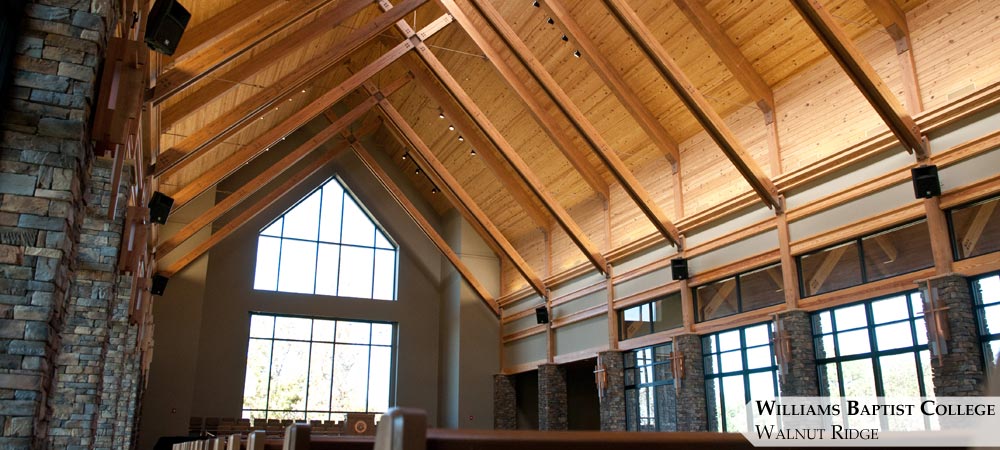University of the Ozarks will receive a nearly $1 million grant from Lilly Endowment Inc. to establish a program that will support pastors of rural and minority-serving Presbyterian Churches throughout Arkansas.
The grant is part of Lilly Endowment’s Thriving in Ministry, an initiative that supports a variety of religious organizations across the nation as they create or strengthen programs that help pastors build relationships with experienced clergy who can serve as mentors and guide them through key leadership challenges in congregational ministry.
The $997,322 grant will help the University establish the Arkansas Presbytery Thriving in Ministry Consortium program on campus. The program’s purpose is to “help pastors thrive in congregational leadership and thus enhance the vitality of the congregation they serve.”
The program will be launched during the summer of 2021 and will be designed to assist and support rural pastors in areas such as launching new churches, serving communities of color, and serving small membership churches. The funding includes a new program director position who will serve as the “pastor to the pastors.”
University President Richard Dunsworth said the Thriving in Ministry program is a natural fit for the University, which has been affiliated with the Presbyterian Church since its establishment in 1834 in Cane Hill, Arkansas.
“Today, University of the Ozarks is in a position of responsibility and obligation of Christian service to step into this place of need within the Presbytery and provide a leadership role back to the Presbytery that will build bridges and foster pastoral development,” Dunsworth said. “This program is designed to support leadership and change-management programs to enable pastors to learn how to develop their own personal leadership and networking skills.”
Dunsworth said the new program stems from a planning grant that Lilly Endowment made to University of the Ozarks earlier this year through Lilly Endowment’s Thriving in Ministry initiative. Thriving in Ministry is part of Lilly Endowment’s grantmaking to strengthen pastoral leadership in Christian congregations in the United States.
The planning grant led to a series of focus groups conducted by the University this past summer with pastors from around the state.
“Pastors serving rural congregations and minority communities describe an almost unfathomable set of demands on their time, intellect and faith,” Dunsworth said. “The amazingly talented and committed women and men who occupy the pulpits of our rural and minority-serving churches are under-resourced, tired and in need of personal and professional support. With a Thriving in Ministry grant, together, we will create a supportive foundation and network to renew the faith of pastors, and ultimately strengthen the congregations that University of the Ozarks owes so much.”
Dunsworth said University’s long relationship with the Presbyterian Church and programs such as the University’s Struthers Pastoral Study Leave Program places the University in a strong position to provide a leadership role in this initiative.
The Struthers Pastoral Study Leave was established at U of O in 2005 by the late Rev. Dr. James R. Struthers of Stillwater, Okla., a long-time member of the University’s Board of Trustees. The program has brought more than 30 Presbyterian pastors to the U of O campus for personal and professional development in the past 15 years.
“We believe we are uniquely positioned to establish a Thriving in Ministry program and support these pastors,” Dunsworth said. “We have the experience and the confidence of pastors to create space for them to explore their gifts, develop new meaningful relationships and learn to manage competing demands on their increasingly scare time.”
Dunsworth said the University will begin the search for a program director in January.
Lilly Endowment is an Indianapolis-based private philanthropic foundation created in 1937 by J.K. Lilly Sr. and sons Eli and J.K. Jr. through gifts of stock in their pharmaceutical business, Eli Lilly & Company. While those gifts remain the financial bedrock of the Endowment, the Endowment is a separate entity from the company, with a distinct governing board, staff and location. In keeping with the founders’ wishes, the Endowment supports the causes of community development, education and religion. The Endowment maintains a special commitment to its hometown, Indianapolis, and its home state, Indiana. Its grantmaking in religion focuses on supporting efforts to strengthen the leadership and vitality of Christian congregations throughout the country and to increase the public’s understanding of the role of religion in public life.

